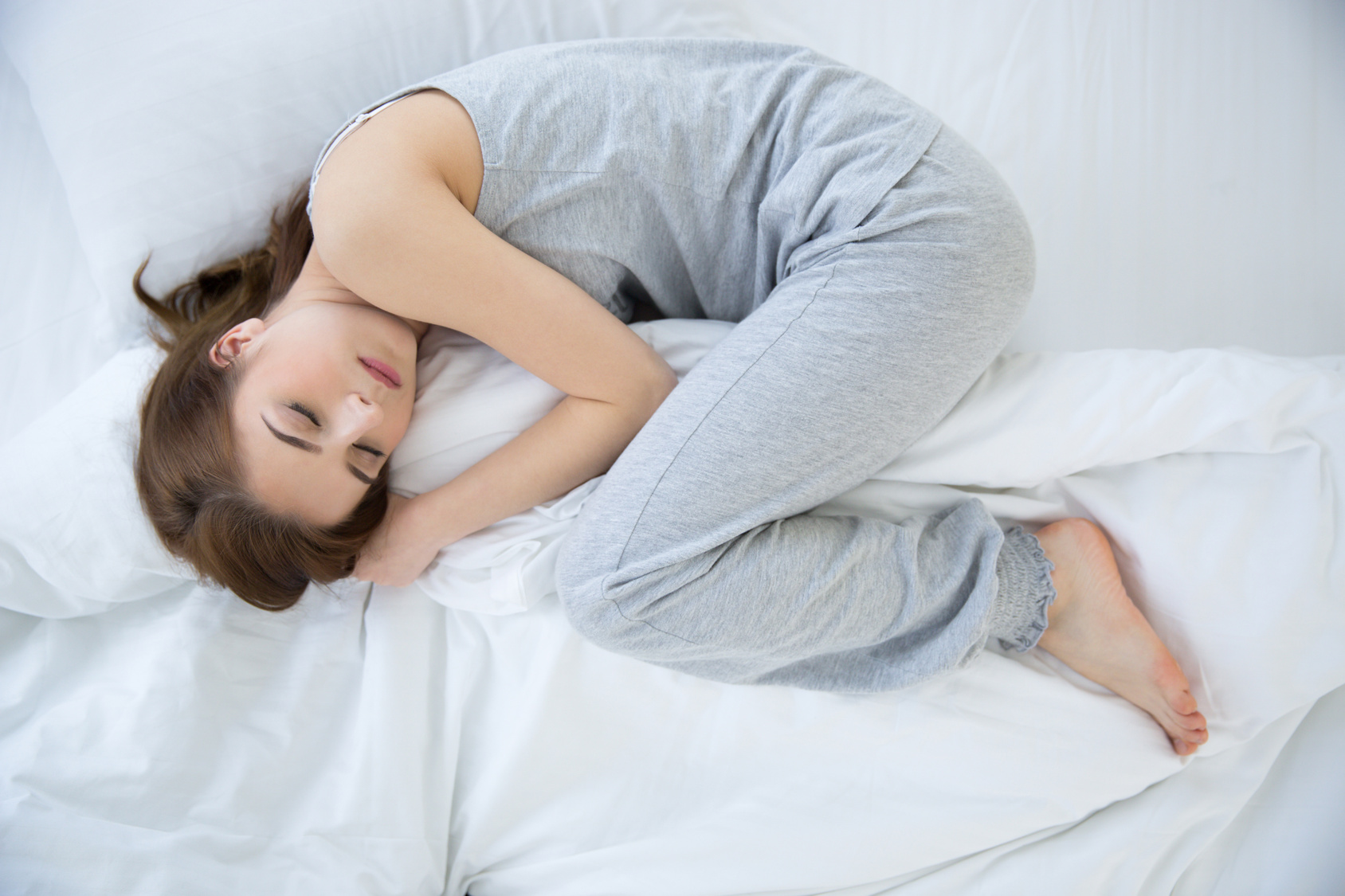A good night’s sleep is essential for a healthy lifestyle. When we are feeling sluggish or just not ourselves, it is often because of not getting enough sleep. Various scientific studies show that sleeping well helps with the following:
- Rejuvenates your energy
- Reduces stress
- Improves memory retention
- Lowers blood pressure
- Gives you a jovial mood
- Boosts immunity
However, achieving quality sleep requires following many regulations, such as eating healthily, ensuring your bedroom has a suitable temperature, and that your bed has a comfortable smart mattress. Read on to essential factors that will help improve a good night’s sleep.
- Exercise
Working out helps reduce surplus bodyweight and enhances the secretion of natural sleep hormones like melatonin. On average, an adult requires about three hours of training in a week to achieve quality sleep. Further, working out a few hours to bed improves quality sleep.
- Keep the Bedroom Comfortable
A calm bedroom stimulates sleep onset. For instance, a spacious bedroom with comfortable pillows and beddings provides the comfort you need to sleep healthily. If necessary, you should also have a mosquito net to protect yourself from bugs.
- Avoid Distractions
Avoid turning your bed into a mini-office where you respond to emails, call clients, or even watch television and movies. Instead, the bed should serve as a sleep stimulant. Only use it for rest and intimacy with your partner.
- Avoid Caffeine and Alcohol
Alcohol and caffeine are both stimulants that reduce your ability to sleep comfortably. Instead, consider drinking an alternative beverage with zero caffeine, such a fruit juice or decaffeinated tea.
- Develop a Sleep Ritual
Develop a program for distressing. For instance, you can read a book, drink herbal tea, shower, or even apply a moisturizer on your skin. These activities set you in the mood for napping.
- Eat Light Meals
Avoid consuming excess foods, as they might disrupt your sleep. Eat light meals to avoid suffering from indigestion and acid disruptions. For instance, avoid citrus fruits and spices since they may cause heartburn.
- Turn Off the Lights
Your bedroom should have elegant lighting to improve the warm glow and allow bedtime reading. However, switch off the lights so that you can sleep peacefully. Besides, cover blue lights from chargers, phones, and other electronics in your bedroom because they may disrupt the effective functioning of your body clock.
What happens when you fail to sleep enough? Various studies indicate that one may suffer from a broad range of adverse effects for failing to sleep sufficiently. Some of the consequences of inadequate sleep include:
- Slow reasoning and response
- Fatal health conditions such as heart disease, diabetes, high blood pressure, and irregular heartbeat
- Reduced sex drive
- Impaired judgment
- Weight gain
- Forgetfulness
- Skin aging effects
You are probably wondering what could escalate a lack of adequate sleep. Here are some of the main causes of sleep disturbance:
- Lack of a regular sleep routine: You are likely to suffer from insomnia if you fail to establish a habit of sleeping and arising every day
- Caffeinated drinks: Beverages such as chocolate, coffee soft drinks, and tea have large amounts of caffeine that could disrupt your sleeping pattern
- Overeating dinner: Overeating dinner also deny you quality sleep since you might visit the toilet regularly or even feel discomfort that increase turning and tossing
- Spicy foods: Excess spices may result in indigestion and heartburn that could keep you awake
- Smoking: Smokers often wake up at night to satisfy drug cravings. Smoking may also cause asthma and apnea that disrupts calm napping
- Pets and children: Breastfeeding mothers and individuals who sleep with pets are likely to experience sleep disruptions
- Drinking alcohol: Beer interferes with brainwaves and sleeping patterns. Alcohol might soothe you to sleep initially, but you will have difficulties going back to sleep as the effects wear off and hangover sets in.
The Bottom Line
Organize your bedroom so that it stimulates sleep. Furthermore, eat healthy and light meals just before bedtime and avoid sleeping with kids and pets for a peaceful night’s rest. You owe it to yourself to get the sleep you need. It will help you in all areas of your life.











